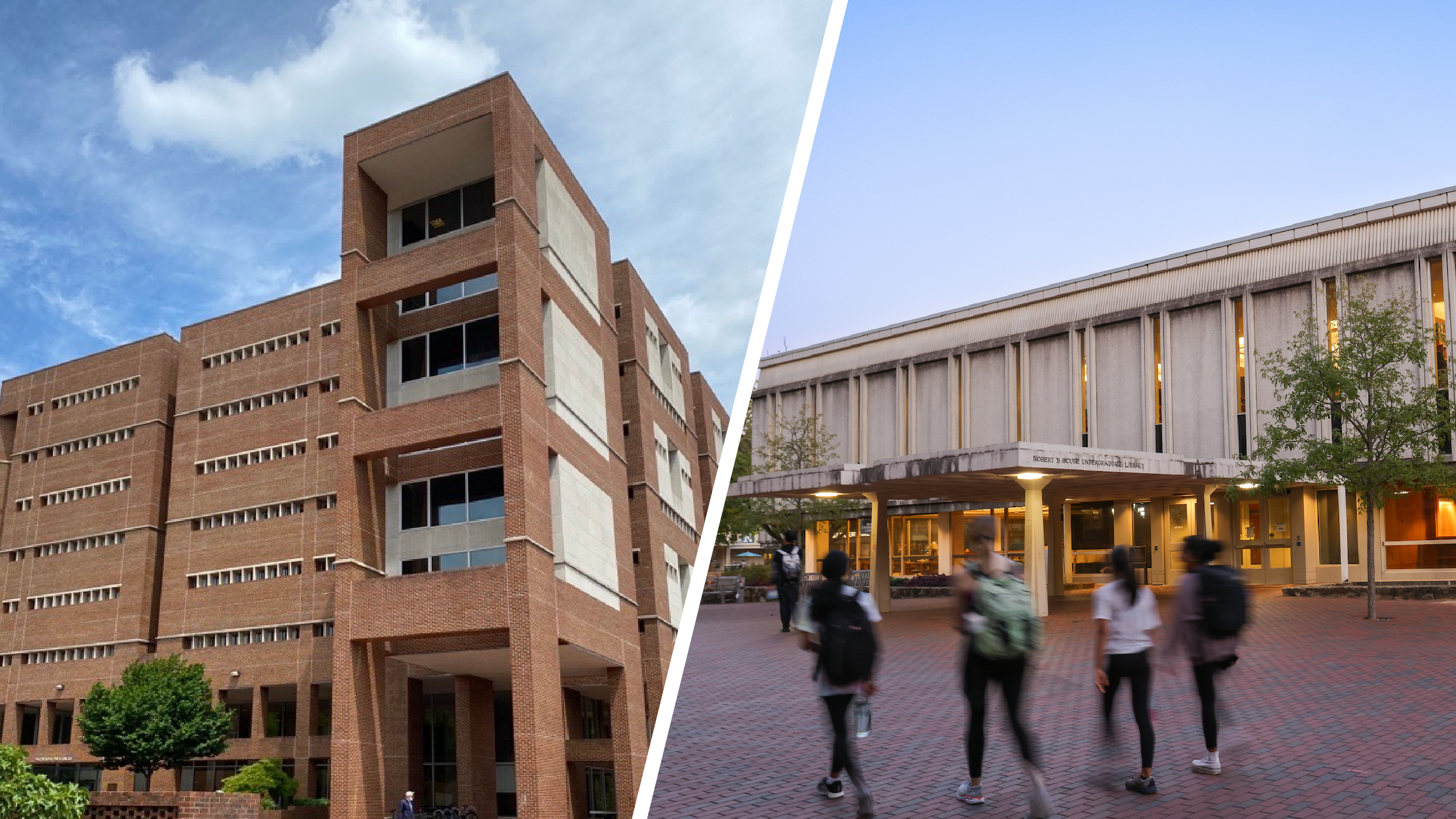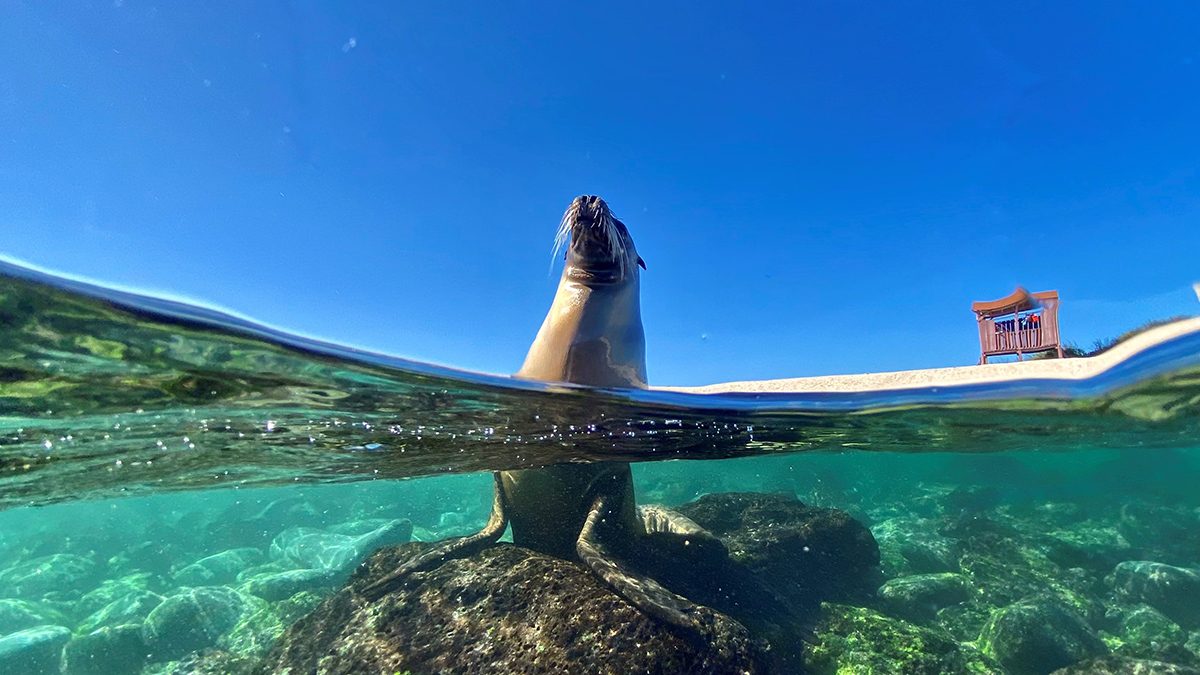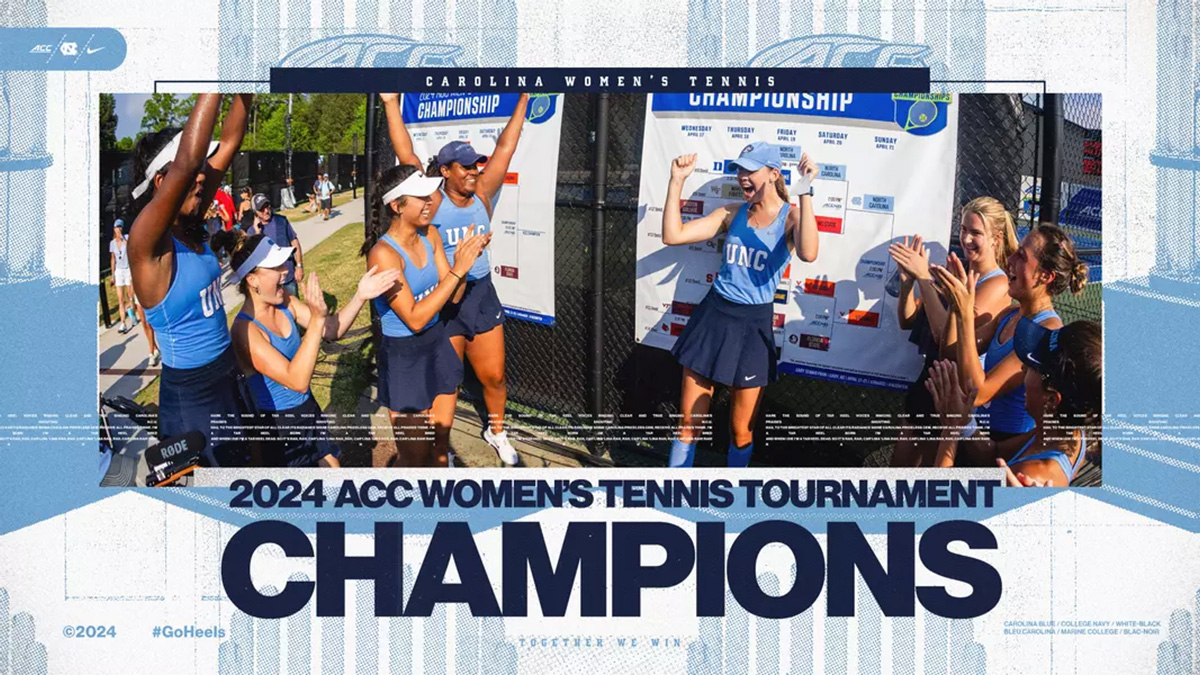Capturing community history
From textile mills to the state’s mental hospital, a team of Carolina faculty, students and staff are engaging with North Carolina communities to tell their stories.
In spring 2016, at an open house for the history center that documents the story of the Loray Mill in Gastonia, a “movie” was about to start and folks were lining up for a seat.
The 1,100-square-foot history center and accompanying Digital Loray online exhibit are part of the largest public humanities project ever undertaken by UNC-Chapel Hill, through the work of the Digital Innovation Lab. The refurbished textile mill has been transformed into modern apartments, offices and stores.
On the wall of the history center is a series of huge arched windows, with each one divided into 12 mullions that create individual “projection spaces” for showcasing hundreds of still and animated images of life in the mill since 1902, said historian Robert Allen, the James Logan Godfrey Distinguished Professor of American Studies, who spearheaded the Loray project as co-founder and director of the digital lab from 2011 to 2016. He has been teaching at Carolina for 38 years.
“We expected a hundred or so people to come by, but we estimated that 400 showed up,” Allen said. “I think something rather profound is going on here. We are now able to recover the lives of people who would never appear in a history book and make them the stars of a new kind of movie.”
Allen grew up a short walk from Loray (later Firestone Mill), and both sides of his family worked at the mill a century ago. He is aware of the role textile mills played in hundreds of communities in the region and the sense of loss created by their closure since the 1980s.
A promising avenue for this type of university outreach, he concluded, was to work with preservation organizations, local museums and libraries, property developers and partnering UNC-Chapel HIll units to make the adaptive reuse of iconic sites into catalysts for intensive community history initiatives.
Today he leads an enthusiastic team of undergraduate and graduate students and archivists who are taking the lessons learned in Gastonia to create public humanities projects that will illuminate pieces of a community’s past in Rocky Mount, Raleigh and beyond. The historians are part of the Community Histories Workshop, or CHW, housed in the College of Arts & Sciences’ Center for Urban and Regional Studies.




